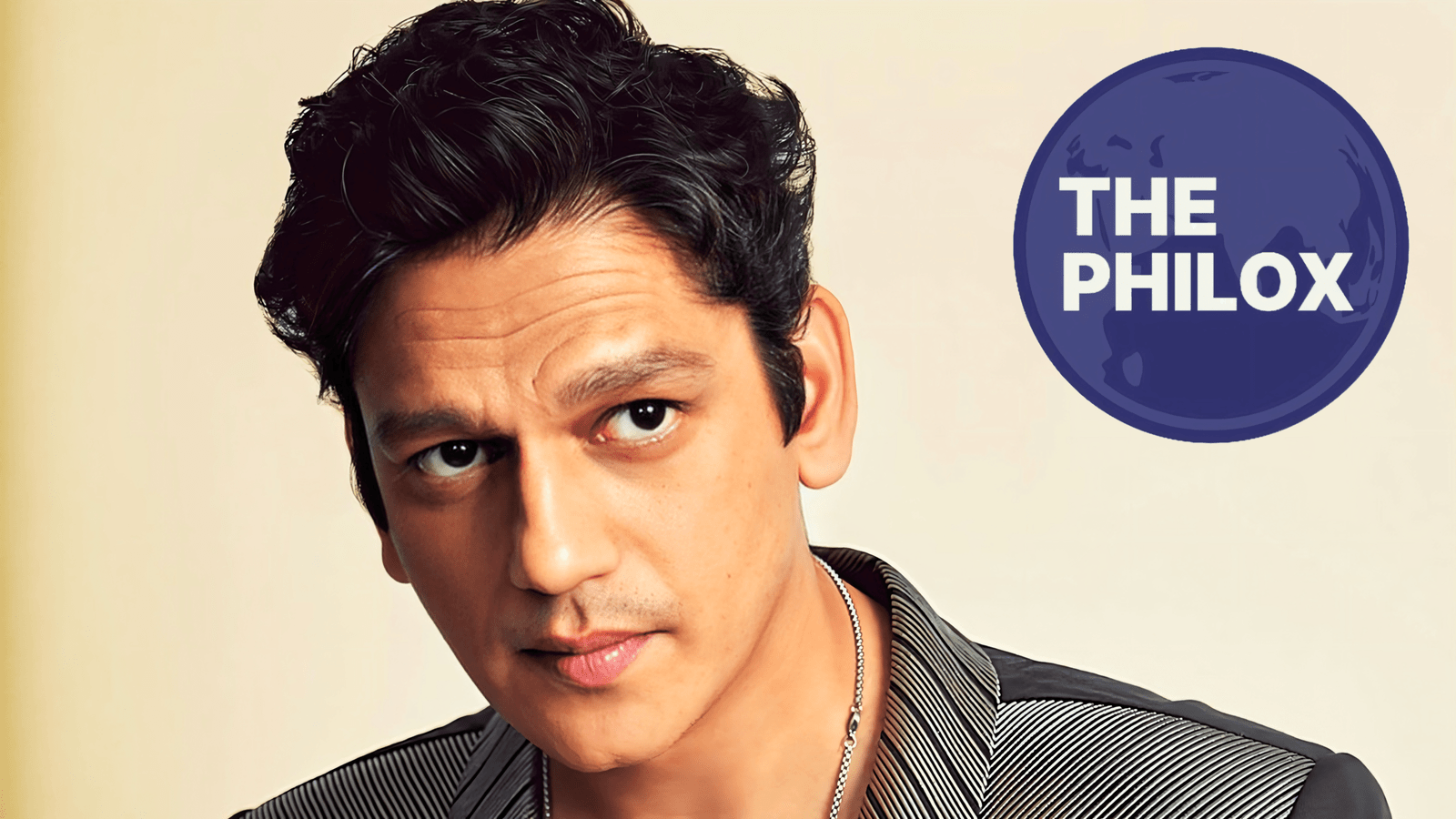Renowned director Anurag Kashyap sharply objected to Laxman Utekar’s historical drama “Chhaava,” in a recent interview with Film Companion.
Published on February 14, 2025, “Chhaava” explores important historical events including the Battle of Burhanpur, so capturing the life and legacy of Chhatrapati Sambhaji Maharaj, the second king of the Maratha Empire.
Though the movie is commercially successful, Kashyap’s criticism has spurred a larger debate on the obligations of directors in presenting historical events and the possible results of falsifying facts for a nationalist purpose.
Nationalist Agenda Over Historical Accuracy
The way the historical events and personalities are portrayed in the movie mostly worries Kashyap, especially with relation to the Mughal Emperor Aurangzeb character. Kashyap claimed that the filmmakers overdone Aurangzeb’s villainy, which he says fuels a community and polarizing story.
Kashyap claims that by depicting Aurangzeb as a merciless tyrant and emphasizing mostly his acts of cruelty without including background for his political methods or the complex reality of his rule, the movie oversimplifies the complexity of history.
This, according to Kashyap, presents a distorted view of history that favors some groups over others, therefore distorting the whole range of historical occurrences.
Such a representation, he said, runs the danger of widening societal divisions, especially in a modern setting when communal tensions are still somewhat common.
Reducing the Mughal emperor to a one-dimensional antagonist, the movie ignores the pluralistic character of the time as well as the complexity of the historical interactions between the Marathas and Mughals.
Absence of Important Alliances and Historical Complexities
Kashyap’s criticism also heavily relies on the absence of crucial historical facts, especially the partnerships between Sambhaji Maharaj and Muslim generals like Ibrahim Khan.
Crucially important throughout the Maratha-Mughal wars, these ties are mostly overlooked in “Chhaava,” therefore distorting the story.
Kashyap underlined that the absence of these leaders reduces the political complexity and variety of the age, therefore offering a more polarized and simplified picture of history.
The movie ignores the fact the Marathas, led by Sambhaji Maharaj, conducted diplomacy with Muslim generals endorsing their cause by excluding such alliances.
Kashyap contended that this exclusion not only skews the historical record but also offers an incomplete and distorted view of the sociopolitical scene of India in the 17th century.
Sambhaji Maharaj’s Legacy: Selective Representation
Kashyap also attacked the movie for its scant representation of the multifarious personality of Sambhaji Maharaj.
“Chhaava” downplays his academic and cultural accomplishments even while it emphasizes his bravery and warrior attitude.
Along with a military commander, Sambhaji Maharaj was a gifted poet and scholar working in various languages.
The movie, however, mostly emphasizes his military duty and presents a one-dimensional picture of his character that ignores his major creative output.
Reducing Sambhaji Maharaj to a mere military figure, Kashyap said, does a dishonor to his larger legacy and misses the whole extent of his influence on Marathi language and culture.
Kashyap claims that this selective portrayal restricts the film’s capacity to interact with the intricacy of Sambhaji Maharaj’s legacy and identity.
Cinematic Spectacle Over Historical Accuracy
Kashyap also criticised “Chhaava’s reliance on advanced CGI to create visually amazing battle scenes”.
Although the film’s high-tech visual effects wow viewers with their majesty, Kashyap noted that the war scenes sometimes distort the scope and character of real historical events.
Some historians contend that by giving amusement over historical accuracy, the movie exaggerates the drama and severity of the clashes between the Marathas and the Mughals.
Kashyap’s worries mirror a larger discussion among filmmakers on how best to strike a mix between cinematic spectacle and historical realism.
Although the inclusion of CGI and dramatic war scenes could improve the appeal of the movie to viewers, it can also distort historical facts, therefore compromising the authenticity of the work as a historical fiction production.
Public Review and Critical Reception
Though Kashyap’s criticism is valid, “Chhaava” has done well at the box office drawing big crowds ready to enjoy its epic narrative and visual spectacular.
Critics, like NDTV’s Saibal Chatterjee, have mirrored Kashyap’s opinions, pointing out that although the movie’s images are striking, its story suffers in depth.
Chatterjee pointed out that the complexity of Sambhaji Maharaj’s persona and the historical circumstances surrounding his rule are not totally captured in the movie.
This duality—commercial success coupled with critical criticism— begs significant issues about the function of historical dramas in influencing public impressions.
As “Chhaava” keeps generating discussion, Kashyap’s remarks inspire viewers and directors to consider critically the obligation of narrating historical events and the possible repercussions of falsifying facts in the name of patriotic or entertainment-driven tales.
The larger picture: historical responsibility in movies
Kashyap’s criticism draws attention to a fundamental problem in historical film: the conflict between factual purity and artistic narrative.
Particularly when dealing with personalities and periods with great cultural and social weight, filmmakers have an obligation to guarantee that their depictions of historical events are accurate and complex.
Although artistic license is inherent in film narrative, filmmakers should treat history carefully, particularly in relation to stories that could affect public opinion or society values.
Finally, Anurag Kashyap’s criticism of “Chhaava” emphasizes the need of using historical filmmaking responsibly.
Emphasizing the film’s selective portrayal of Aurangzeb, the absence of important partnerships, and the diminution of Sambhaji Maharaj’s legacy, Kashyap asks for a more complex and honest involvement with history.
Maintaining a deeper, more respectful knowledge of history in the present depends on historical dramas reflecting the complexity of the past instead than simplistic or biassed tales as they still influence the common consciousness.




